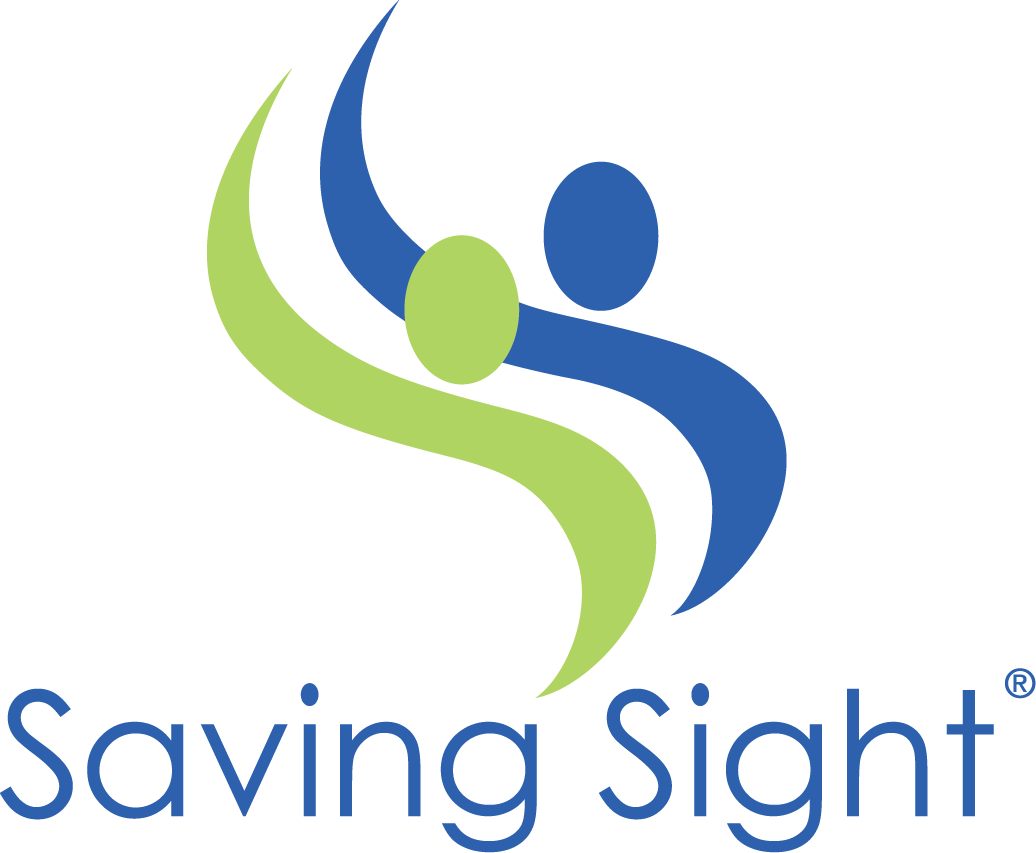 For over 30 years, Barbara has made a difference in the lives of her students, first as an elementary public school teacher and later at the university level where she trained elementary, early childhood and special education educators to teach children at the most important times of development. At the heart of all she does is a passion for learning and education. Barbara is also an avid Mah Jongg player, enjoys making jewelry and loves to read. Now retired, Barbara continues to change lives by teaching university courses online and through her volunteerism with the American Red Cross.
For over 30 years, Barbara has made a difference in the lives of her students, first as an elementary public school teacher and later at the university level where she trained elementary, early childhood and special education educators to teach children at the most important times of development. At the heart of all she does is a passion for learning and education. Barbara is also an avid Mah Jongg player, enjoys making jewelry and loves to read. Now retired, Barbara continues to change lives by teaching university courses online and through her volunteerism with the American Red Cross.
Fuchs’ dystrophy threatened Barbara’s ability to continue changing lives, but thanks to the generous gift of a donor, she’s still active serving communities through the Red Cross. With a team of other retired educators as part of the Pillowcase Project, Barbara visits schools in Missouri to talk with thousands of 3rd-5th graders each year about emergency preparedness and basic coping skills in disasters, such as house fires, earthquakes and tornados. Barbara is also a member of a Red Cross disaster action team (DAT) that responds to house fires to help families cope and secure basic necessities.
“It’s kind of miraculous! As my eyes were deteriorating it became harder to see and reading was becoming blurry, so it made a big difference in what I am able to do,” said Barbara. “It’s remarkable that someone cared enough to donate those two corneas to someone like me.”
“Thank you – those two words don’t say it enough,” said Barbara.

Barbara was familiar with the degenerating and hereditary eye disease as both her father and paternal aunt had it as well. “I’ve always had the universal donor designation on my license because I’ve felt an ethical connection to donation. I just feel that it’s important, partly because my dad had two cornea transplants as well,” said Barbara. Barbara is also a blood and platelet donor.
“I encourage people to really be mindful of that process and organ donation. I think people can really make a difference to the life of someone else,” said Barbara.
Through her experience Barbara hopes that people learn more about the transplant process. She said she wants people to know it’s available and that Saving Sight is an organization that makes corneal transplants possible by facilitating the donation process.
Barbara chose to write to her donor families through Saving Sight’s correspondence program. “I felt like I needed to make a connection with the family and let them know that I received the cornea, that it’s going well and to let them know how thankful I am,” said Barbara.
“I just think it’s enhanced the quality of my life,” said Barbara. “You don’t really realize how important sight is until it’s gone – it’s a miracle they can make it better.”

